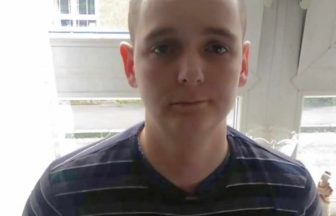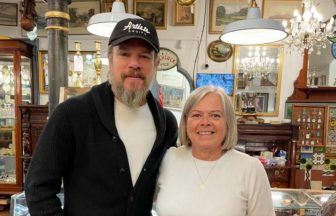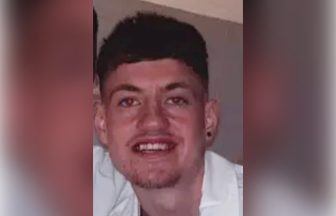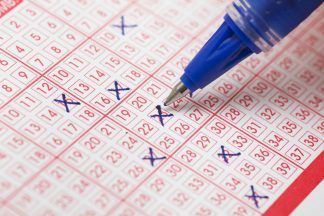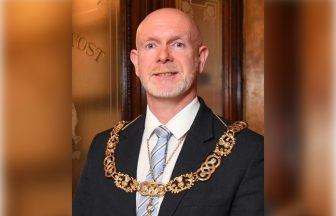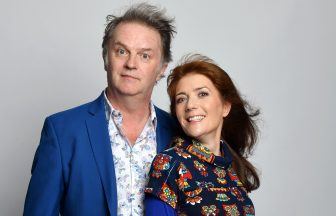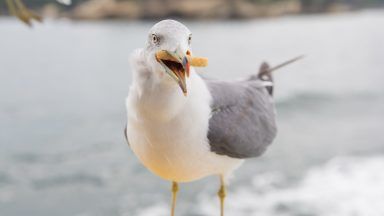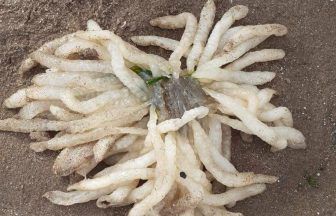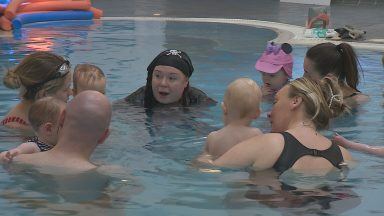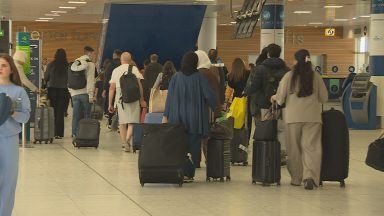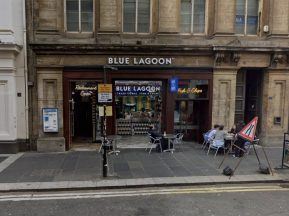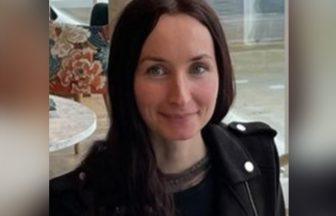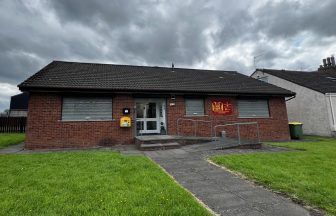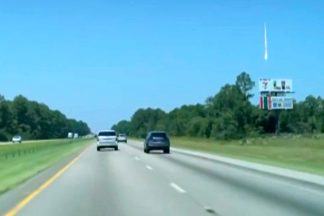The number of teenage girls suffering from eating disorders in Scotland has more than doubled in the last five years, statistics show.
The biggest increase was among those aged between 15 and 19 years old during the Covid pandemic.
Eireann McAuley was one of many across Scotland who found the isolation of the lockdowns deeply challenging.
“Going into lockdown… I really spiralled, and I was collapsing,” she told STV News.
“I seen it as life and death if I didn’t get this help, I just wanted someone to help me.”
Eireann McAuley
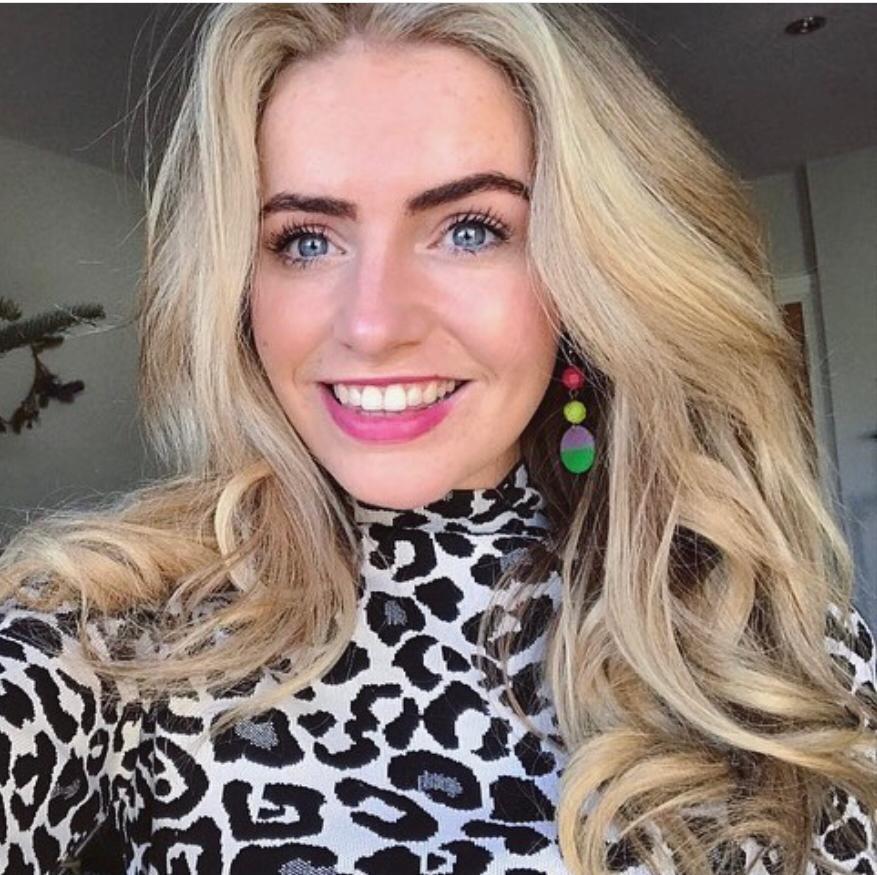 Supplied
Supplied“I had a lot of physical symptoms and I remember just at the start of lockdown ultimately begging my GP for support.
“I was a young woman staying myself in lockdown, already had problems with eating and services weren’t available.”
READ MORE: Number of teen girls with eating disorders more than doubles over Covid
The 25-year-old has been living with eating disorders since her final school years – first bulimia and then anorexia.
Eireann describes herself as “organised, sociable, outgoing” who is “the first to go for an adventure or to be up dancing on the tables”.
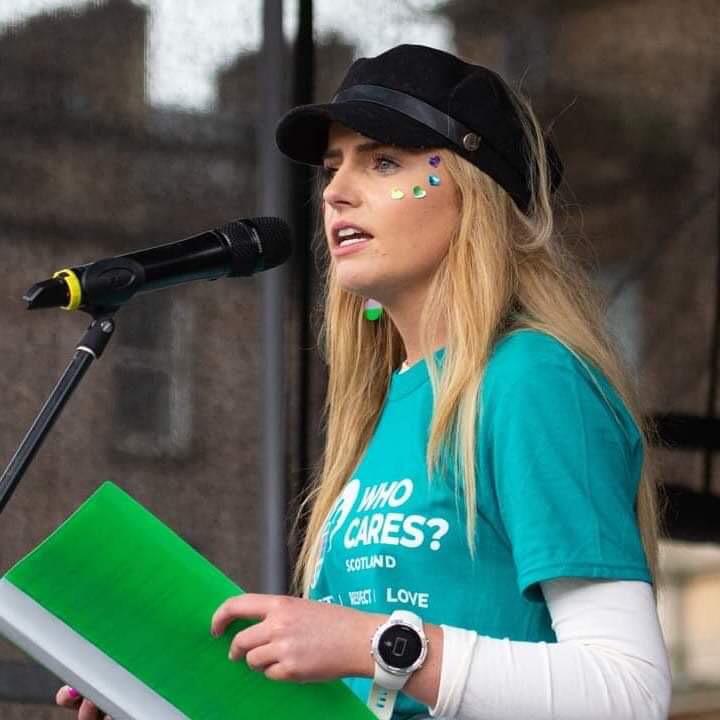 Supplied
SuppliedBut she also told STV News that “deep down” there are things that she doesn’t always show.
By the time Eireann entered sixth year at school, her home life became more complex and she was living alone.
“The only thing I could control in my life was what I ate and what I didn’t,” she said.
“I now understand that it’s how I coped with my emotions.
“Still at that point, maybe a little of part of me knew that I shouldn’t be doing this, but it was like an addiction, and I think that’s probably [how] I would describe an eating disorder. It was like it absolutely has consumed me.”
“Saying ‘try and eat’ to somebody with an eating disorder as a way to get better is just not right.”
A keen sportswoman with a passion for football, Eireann’s prowess on the field could at times mask her health problems off it.
When friends raised concerns, she sought help but felt she was dismissed.
“What I found was that my friends and people that know me were really concerned, but the professionals were not that concerned,” she told STV News.
“When you’ve got anorexia, I didn’t know if I was okay or not, because a professional said to me, well, you’re not that ill yet. But my friends are saying, we’re really concerned.”
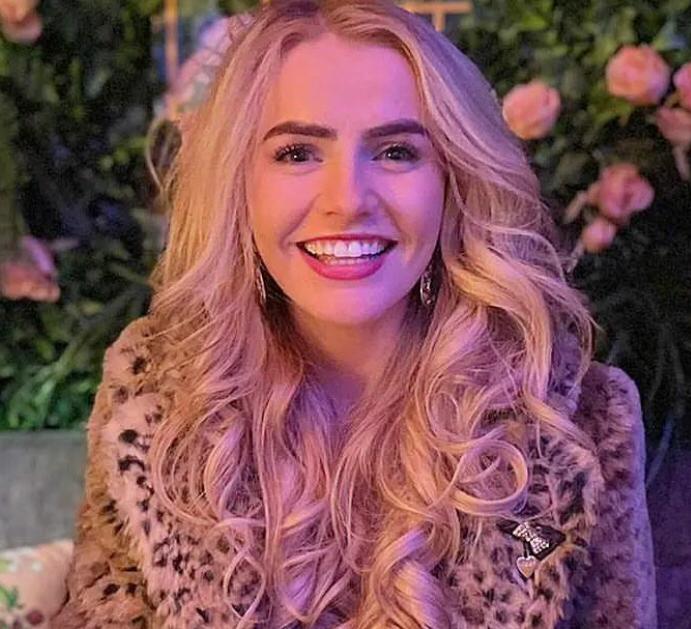 Supplied
SuppliedHealth professionals acknowledge that the system needs greater investment and can be too focused on looking after only the sickest patients.
That approach meant that at university, Eireann felt she had no option but to take drastic action.
“I knew that I’d had a couple of scares that made me realise that I wasn’t alright, but they made me feel that I wasn’t thin enough yet,” she said. “So, I made myself thinner.”
“I was told again, that it was highly unlikely that there would be a space for me on an eating disorder unit, that I’d be highly unlikely to get into the system.”
Eireann said she was given anti-depressants and told to “try and eat”.
“Saying ‘try and eat’ to somebody with an eating disorder as a way to get better is just not right,” she said.
“I just felt really frustrated and really angry and I felt, well, what do I need to do then, if I’m going to need to make myself more ill then I will.
“I think deep down I thought that I was going to die and I think that I didn’t want to, but I just couldn’t snap out of what this was. I seen it as life and death if I didn’t get this help, I just wanted someone to help me.”
Despite all of the challenges she has endured over the last decade Eireann’s outlook is cautiously positive
“I think there will be challenging parts of my recovery,” she said, “Am I fully recovered? No, I’ve still got some things to work on.
“But I know what they are and I think that knowing that is good.”
You can watch the full report on Scotland Tonight on Thursday at 8.30pm and on the STV Player.
Beat is a leading charity for people with eating disorders. Its helpline (0808 801 0432) is open every day from 1pm to 9pm during the week, and 5pm to 9pm on weekends and bank holidays.
Help and support is available now if you need it. The Samaritans can be contacted any time, from any phone, free on 116 123, email at jo@samaritans.org, or visit samaritans.org to find your nearest branch. Details of other services and more information can be found on the NHS website here.
If you are in need of urgent help or medical advice for yourself or someone else you should contact 999. If you are looking for medical advice contact your GP or 111.
Follow STV News on WhatsApp
Scan the QR code on your mobile device for all the latest news from around the country


